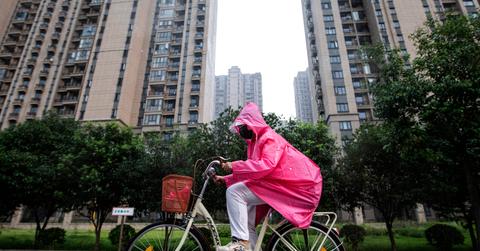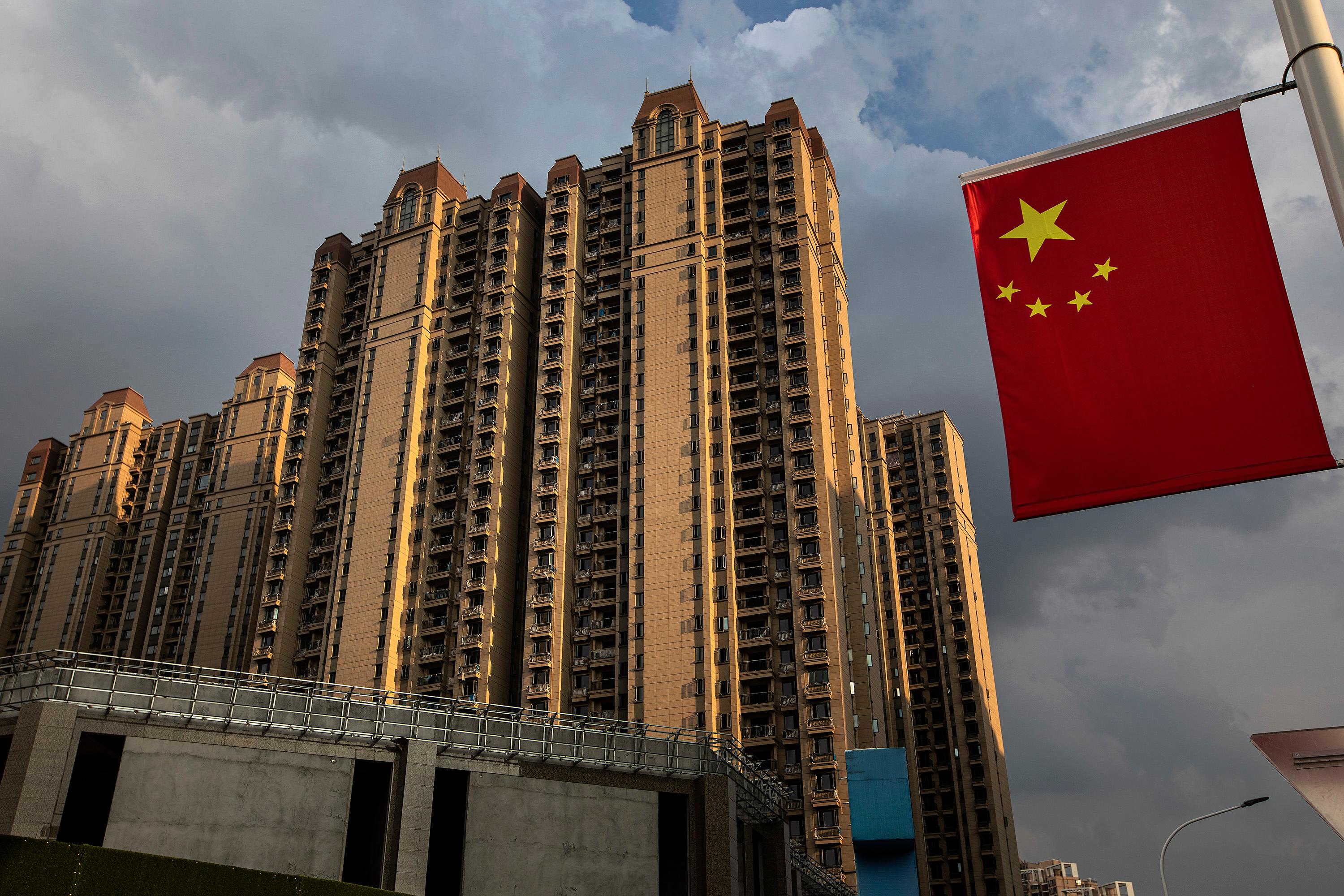Evergrande Defaults on Debt: Why the Story Isn't Over Yet
A credit rating firm has downgraded Evergrande, which means that the real estate developing giant has defaulted on its debt. What's next?
Dec. 9 2021, Published 11:37 a.m. ET
If Evergrande's $300 billion debts seemed insurmountable, it's because they were. The company has officially defaulted on its debt, according to Fitch Ratings, which is a major credit rating firm.
But make no mistake, the Evergrande story isn't over yet. Beijing officials haven't decided yet what comes next for the real estate beast. Restructuring might not be pretty, and its impact on the global markets could continue to shift.
Fitch Ratings downgraded Evergrande to "restricted default."
In a statement on Dec. 9, credit rating firm Fitch Ratings wrote that Evergrande Group and its subsidiaries have officially gone into default, but haven't yet filed for bankruptcy or any form of liquidation.
Despite the fact that Evergrande has paid some bonds over the last few months, the downgrade is based on two types of bond coupons that Evergrande holds and hasn't paid.
Fitch stated three overarching reasons for putting Evergrande into default:
Non-payment of bond coupons
Cross default with notes
Uncertainty about the future restructuring plan
As for the latter point, Evergrande developed an official Risk Management Committee this week, which includes Chinese officials from state-owned companies, to determine what's next.
Evergrande's default impacts China first.
Real estate developer Evergrande still has 1.4 billion properties under construction. That's a lot of properties—just under half the number of properties in all of Hong Kong and a similar size to Los Angeles. Many people have already paid for these properties, and Evergrande owes money (upwards of $201 billion) on all of them.
Yi Gang, the governor of the People's Bank of China, said, "The risk of Evergrande is a market incident which will be properly handled in accordance with the principles of marketization and rule of law, and the rights and interests of creditors and investors will be protected in accordance with the law."
Evergrande's default and restructuring will impact global markets, too.
Evergrande is just the tip of China's debt problem. Another real estate development company, Kaisa, was also just downgraded to a restricted default rating based on $400 million in unpaid debts.
While the Chinese government has bailed out big businesses before, the tables have turned. An Evergrande collapse could easily ripple across borders and impact global markets. The company has interests and entities in companies in and outside of China.
While not akin to a Lehman brothers moment, the next steps in the Evergrande default could produce a limited amount of global contagion. It might not be something to worry about, though.
A U.S. investment strategist as BCA Research, Doug Peta told reporters, "Even if it did produce a credit event that rippled across Asian EM markets and tempered investors' enthusiasm for risk assets, U.S. markets would benefit in a relative sense befitting the dollar's status as a defensive currency, Treasuries' status as the predominant risk-free asset and the S&P 500's low-beta nature."
More than anything, it could signal the beginning of a new era. Chinese ride-hailing company DiDi delisted from its U.S. stock exchange just months after its failed IPO. The Chinese government squandered the IPO when it banned the DiDi app the day after the company's market debut.
Other dual-listed Chinese companies, including Alibaba, Weibo, and JD.com, might follow suit. As the Evergrande default continues and restructuring plans come to light, America's involvement in Chinese stocks could become fickle if not obsolete.


